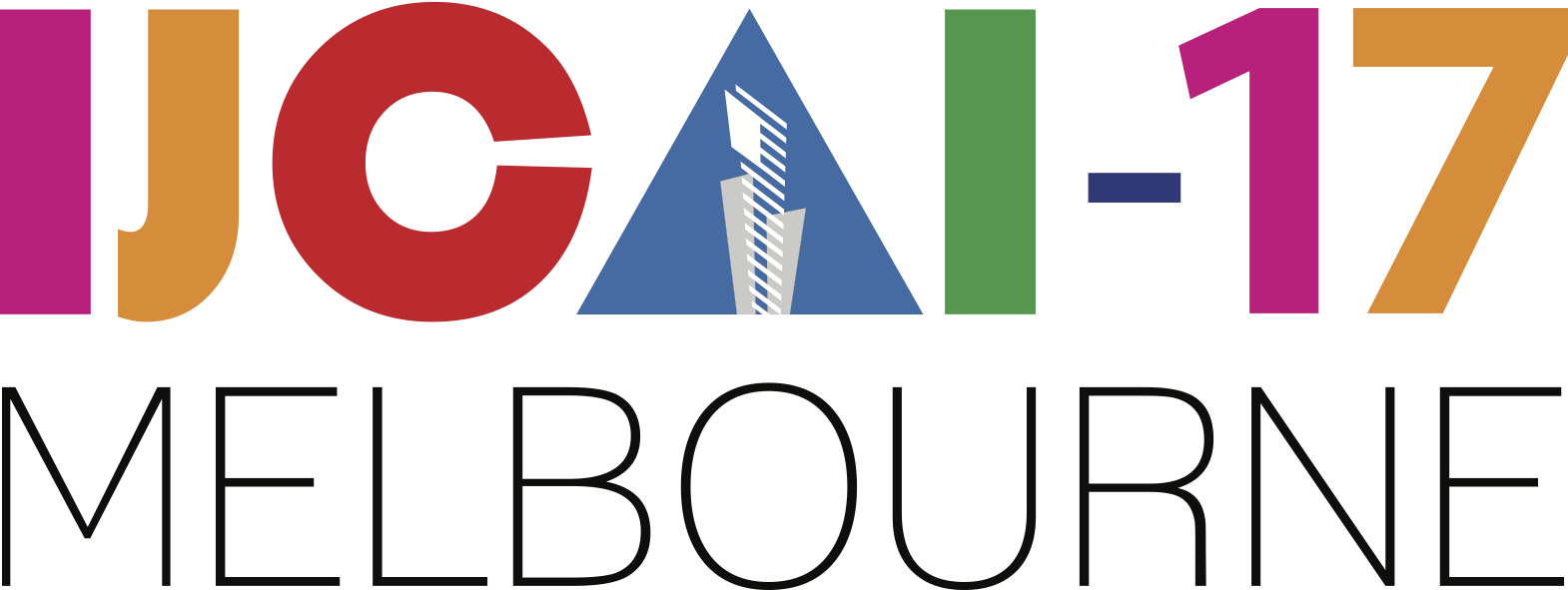Fair Allocation based on Diminishing Differences
Fair Allocation based on Diminishing Differences
Erel Segal-Halevi, Haris Aziz, Avinatan Hassidim
Proceedings of the Twenty-Sixth International Joint Conference on Artificial Intelligence
Main track. Pages 1254-1261.
https://doi.org/10.24963/ijcai.2017/174
Ranking alternatives is a natural way for humans to explain their preferences. It is being used in many settings, such as school choice (NY, Boston), Course allocations, and the Israeli medical lottery. In some cases (such as the latter two), several ``items'' are given to each participant. Without having any information on the underlying cardinal utilities, arguing about fairness of allocation requires extending the ordinal item ranking to ordinal bundle ranking. The most commonly used such extension is stochastic dominance (SD), where a bundle X is preferred over a bundle Y if its score is better according to all additive score functions. SD is a very conservative extension, by which few allocations are necessarily fair while many allocations are possibly fair. We propose to make a natural assumption on the underlying cardinal utilities of the players, namely that the difference between two items at the top is larger than the difference between two items at the bottom. This assumption implies a preference extension which we call diminishing differences (DD), where a X is preferred over Y if its score is better according to all additive score functions satisfying the DD assumption. We give a full characterization of allocations that are necessarily-proportional or possibly-proportional according to this assumption. Based on this characterization, we present a polynomial-time algorithm for finding a necessarily-DD-proportional allocation if it exists. Using simulations, we show that with high probability, a necessarily-proportional allocation does not exist but a necessarily-DD-proportional allocation exists, and moreover, that allocation is proportional according to the underlying cardinal utilities.
Keywords:
Knowledge Representation, Reasoning, and Logic: Preferences
Agent-based and Multi-agent Systems: Social Choice Theory

